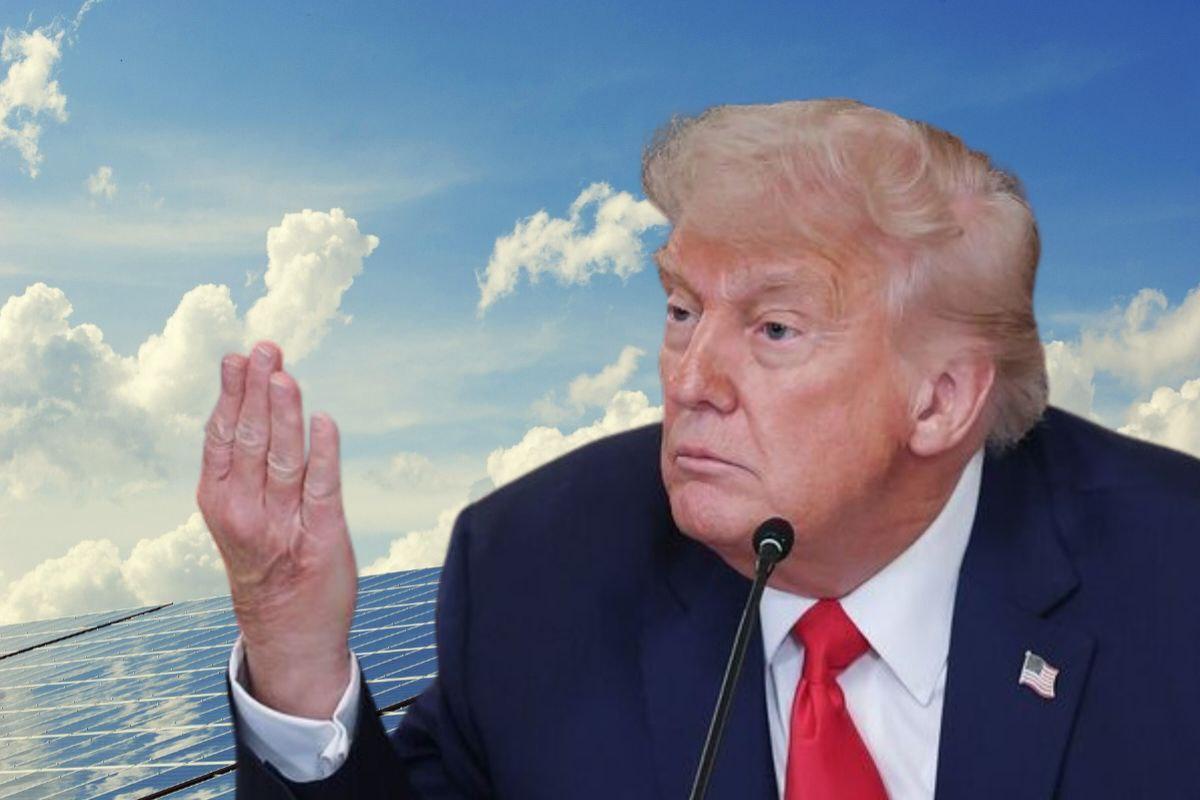
In a major development that could shake up India’s solar industry, the United States has officially initiated an anti-dumping investigation against Indian solar manufacturers. This move follows a petition by American solar companies requesting the US government to impose additional tariffs on solar products imported from India, Indonesia, and Laos.
The issue first surfaced nearly one month ago. On July 18, several American companies accused Indian solar manufacturers of selling solar modules in the US market at prices significantly below the cost of production. According to them, Indian exporters were engaging in “dumping” – selling products at cheaper rates than their domestic cost – which was hurting US-based solar players.
American firms claimed that Indian solar products were being sold up to 123% cheaper than production cost and that Indian exporters were also receiving an additional 2% subsidy. Such pricing, they argued, was making it impossible for local manufacturers in the US to compete. The petition specifically demanded the imposition of anti-dumping duties – essentially additional taxes – to level the playing field for American companies.
This concern is particularly significant because the US market is a crucial export destination for Indian solar firms. In fact, US-based business forms the largest revenue source for many Indian players, especially Waaree Energies. As per recent data, Waaree Energies exports 77.7% of its solar-related products to the US, followed by 10.5% to Germany, 1.4% to China, and negligible quantities to Australia. This heavy dependence on the US market means any additional tariff could have a serious impact on the company’s revenue and margins.
Waaree Energies recently reported an order book worth Rs 49,000 crore from exports alone, with a 30% year-on-year revenue growth in the first quarter. A significant portion of this growth was driven by the US market. Given this, the company is highly vulnerable to any potential tariff decision by US authorities.
Premier Energies, another Indian solar manufacturer, has less exposure to the US market and focuses more on domestic sales. As a result, while it may still face some impact, the effect would be far less severe compared to Waaree Energies.
The US Department of Commerce has now officially started a detailed investigation into these allegations. The probe aims to determine whether Indian, Indonesian, and Laotian companies have indeed been selling solar cells and modules at unfairly low prices and benefiting from subsidies. The department has announced that the findings and final decision will be made public on September 2.
If the investigation concludes that dumping has occurred, additional tariffs – or anti-dumping duties – could be imposed on Indian solar products entering the US market. This would make Indian solar products more expensive in the US, reducing their competitive edge and potentially shrinking market share for companies like Waaree Energies.
The news of the investigation has already rattled the stock market. Waaree Energies’ shares fell sharply by 4-5% on last trading session following the announcement, reflecting investor concerns over the company’s heavy reliance on US exports. The uncertainty will likely continue until the final verdict on September 2.
This development comes after similar challenges faced by other export-driven sectors in India, such as diamond and textile companies, which have recently suffered from unfavorable international trade actions. Now, the solar sector finds itself under pressure as well.
In conclusion, the US anti-dumping investigation into Indian solar companies has created a cloud of uncertainty for the sector, particularly for Waaree Energies. The final decision on September 2 will determine whether Indian solar exports to the US will face additional duties, a move that could significantly alter the dynamics of the industry. Until then, stakeholders will be closely watching how this high-stakes trade dispute unfolds.
Disclaimer:
This article is for informational purposes only and is based on publicly available reports and data at the time of writing. It should not be considered as financial or investment advice. Readers are advised to conduct their own research or consult with a qualified financial advisor before making any investment decisions. The author and publisher are not responsible for any financial losses or decisions made based on this content.




